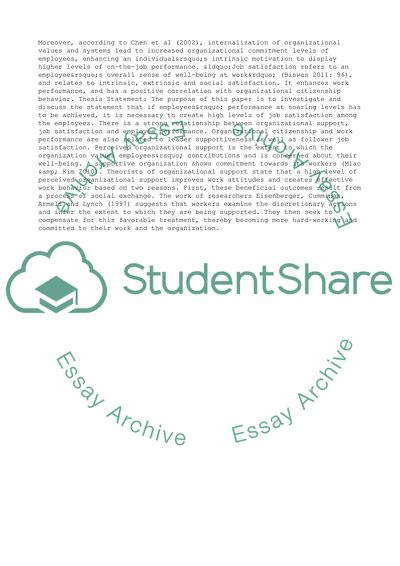Cite this document
(“The Creation Of High Levels Of Job Satisfaction Essay”, n.d.)
Retrieved from https://studentshare.org/management/1587054-hrm-summarative-essay
Retrieved from https://studentshare.org/management/1587054-hrm-summarative-essay
(The Creation Of High Levels Of Job Satisfaction Essay)
https://studentshare.org/management/1587054-hrm-summarative-essay.
https://studentshare.org/management/1587054-hrm-summarative-essay.
“The Creation Of High Levels Of Job Satisfaction Essay”, n.d. https://studentshare.org/management/1587054-hrm-summarative-essay.


